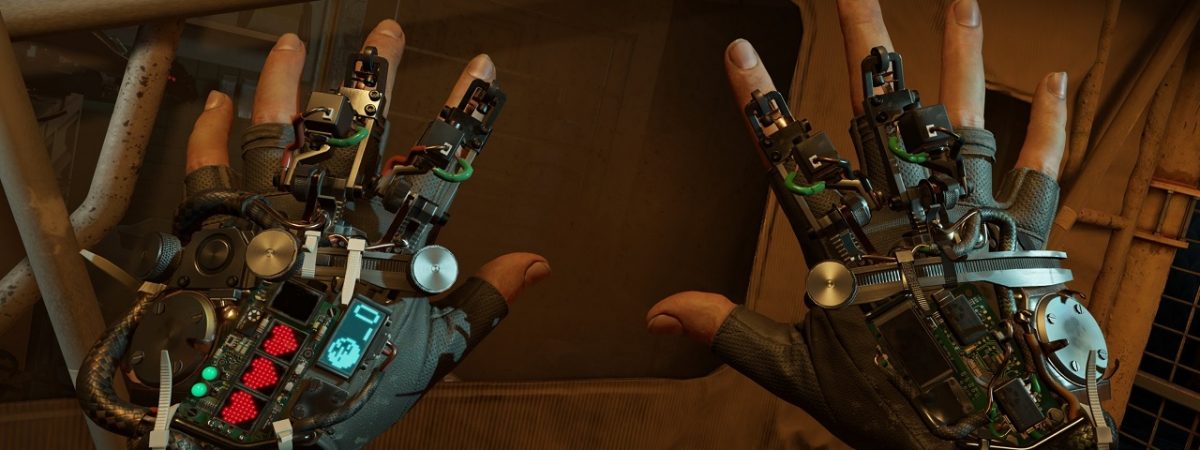Among the various branches of the gaming industry, VR is perhaps the one likely to change the most in 2020. While VR gaming remains something of a niche market, partially due to the high costs of hardware and limited library of new releases, that niche has grown significantly larger throughout 2019. In 2020, that trend is likely to continue, particularly with the upcoming release of Half-Life: Alyx; a game which Valve is likely to promote heavily in order to drive sales of the Valve Index.
We recently had the opportunity to speak with Jesse Schell, CEO of Schell Games and critically-acclaimed author of The Art of Game Design: A Book of Lenses, about the trends which are likely to impact the VR industry in 2020. As the studio behind the hugely popular VR titles I Expect You to Die and Until You Fall, Schell Games is one of the leading studios in the field of VR, and a studio with unique insight given its role in developing educational and interactive experiences across a wide range of mediums.
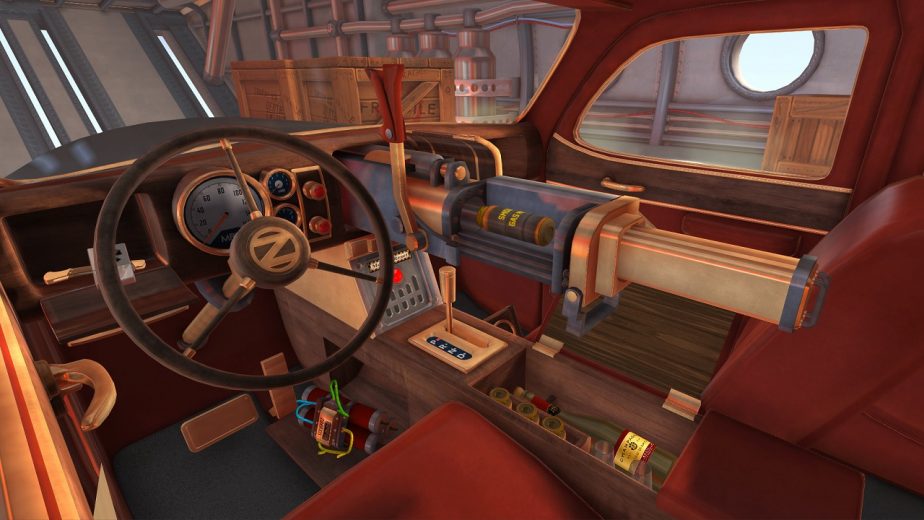
Jesse Schell on VR Trends in 2020, Half-Life: Alyx, and More
Looking ahead to 2020, which current trends do you think will be the most impactful for the VR industry?
“Is it 2020 already? I think the biggest VR trend of 2020 will be the success of the Oculus Quest system. Portable, wireless, standalone VR systems are where it’s at, and the market will bear that out.”
What sort of impact do you expect Half-Life: Alyx to have on the VR market when it releases, given the high-profile nature of Half-Life and Valve’s efforts to promote it?
“Presently, there are a lot of gamers who don’t take VR seriously, because to them, big franchises are what constitute ‘real gaming.’ The release of Half-Life: Alyx should do a lot to persuade mainstream PC gamers to give VR a more serious look. I think it has the potential to raise the bar on the budget for VR games.”
On a related topic – do you think the Valve Index’s ability to track fingers is a feature which other platforms will adopt, or something which may fall by the wayside?
“Seeing your fingers wiggle is cool, but so far, independent finger tracking hasn’t done much to enable new kinds of gameplay. Think about a computer mouse: they could have four or five buttons, one for each finger, but generally, we’re happy to do most of the interactions with just one or two fingers. The Coleco Super Action Controller was cool (1983 – look it up, kids) but interacting with all five fingers doesn’t seem to be a thing that either traditional videogames or VR games especially need. But, maybe it just needs a killer app no one has thought of yet.”
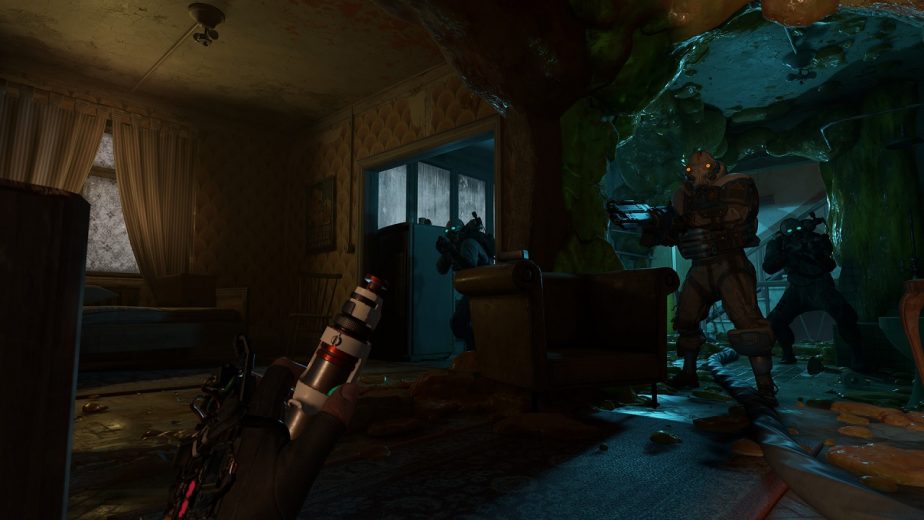
Are there any particular VR titles coming in 2020 which you think could help to shape trends in the industry?
“The titles that will get the most attention will be the biggest ones — games like Half-Life: Alyx and Lone Echo II will be important experiments. The games that will likely have the most success, though, will be ones that establish new genres on the Oculus Quest… we’ll see!”
Do you think that the launch of a new console generation in late 2020 is likely to be good or bad for VR hardware sales?
“It will get people thinking about how they want to spend their videogame dollars — that’s for sure! I think in late 2020, there will be a lot of people wrestling with the question of how they want to spend their $400… on a nextgen console, or on a standalone VR system. Not an easy choice! The fact that they are priced the same will get a lot of people taking VR seriously, and the debates will get VR a lot of much-needed attention.”
Long-term, do you think VR has greater potential as a gaming platform or as an educational tool? (Or, indeed, something in-between?)
“That’s like asking whether computers have greater potential for gaming or education… they can do both really well, and so can VR. Near term, entertainment will be the primary focus — but over time, there will be some incredible educational experiences created. We’ve already created a virtual reality chemistry lab experience called HoloLAB Champions, and are presently creating a history education VR experience called HistoryMaker VR, so we’re big believers in the power of VR for education. As with most technologies, entertainment will lead the way, and education will tiptoe behind.”
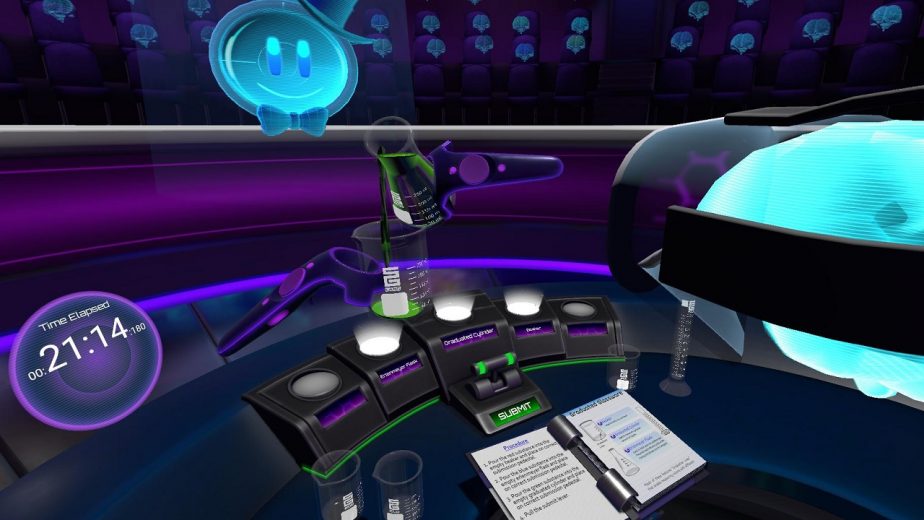
Following on from that, do you anticipate VR hardware seeing greater adoption in non-gaming industries in 2020?
“VR and AR hardware is already much used in enterprise visualization and training, in areas like architecture, military, and medical training. As VR becomes more affordable, it will be working its way into more and more professional training and simulation arenas, one industry at a time.”
Do you think the cost of VR hardware is likely to go down at all in 2020, or do you think it will be a while longer before it becomes more affordable for the gaming audience?
“The Quest is already $399, which is competitive with gaming consoles, and I believe that’s right price for VR to be mass market.”
What sort of things do you think need to shift within the industry before we start to see more mainstream development of VR projects among development studios?
“It’s all about dollars. There’s no point in investing more money in a game than it can possibly make back. Right now, there are less than ten million high-end VR systems in the world, if you add up PSVR, Rift, and Vive. A game that sells really, really well might sell onto 10% of these systems — which means that at most, you can sell about a million units. Assuming you take in about $15 for each game sold, that means it would be crazy to spend more than $15M to develop a VR game. But, multiply the number of VR units in the world by 10 or 20, and everything changes.
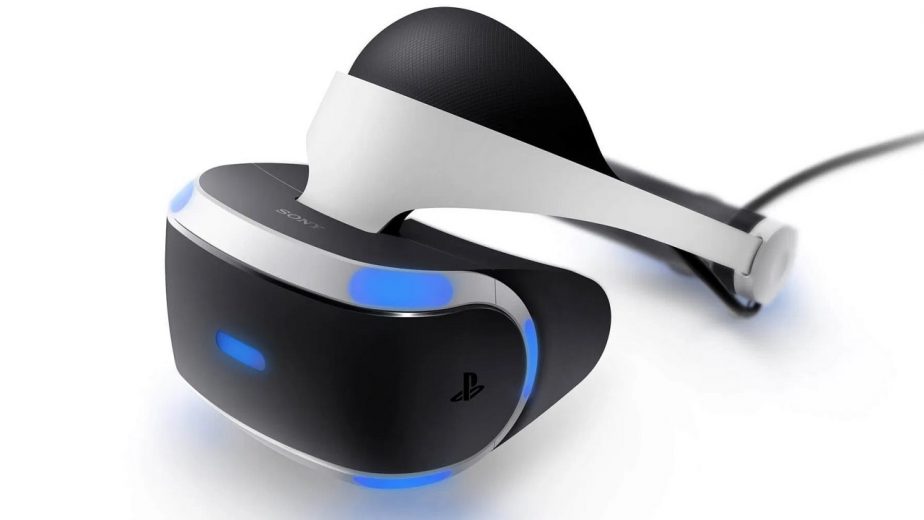
“Suddenly, it becomes possible to make a lot more money if you have a hit, and that’s when publishers will start to take VR seriously. Another thing to think about is the social factors, and the magic number 10,000,000. When there are less than ten million of something in the world, probably none of your friends have one. But when there are more than ten million of something, one of your friends probably has it. And at that point, social factors start to dominate. Right now, there are very few multiplayer VR games for this reason… but as soon as a single VR platform has sold 10 million units, multiplayer VR will be the dominant kind of VR gaming.”
Are there any specific projects which Schell Games have planned for 2020, (that you’re able to talk about, of course), or else simply goals you have for the studio’s VR work?
“We are continuing to focus on VR games. I Expect You To Die has been a huge hit for us, and making Until You Fall available to more players is something I’m very excited about. On the education front, we will release HistoryMaker VR later this year. In addition, we are working on some exciting new VR titles that I can’t talk about yet (though I wish I could!). The future of VR is looking bright, and we’re psyched to be a part of it!”

